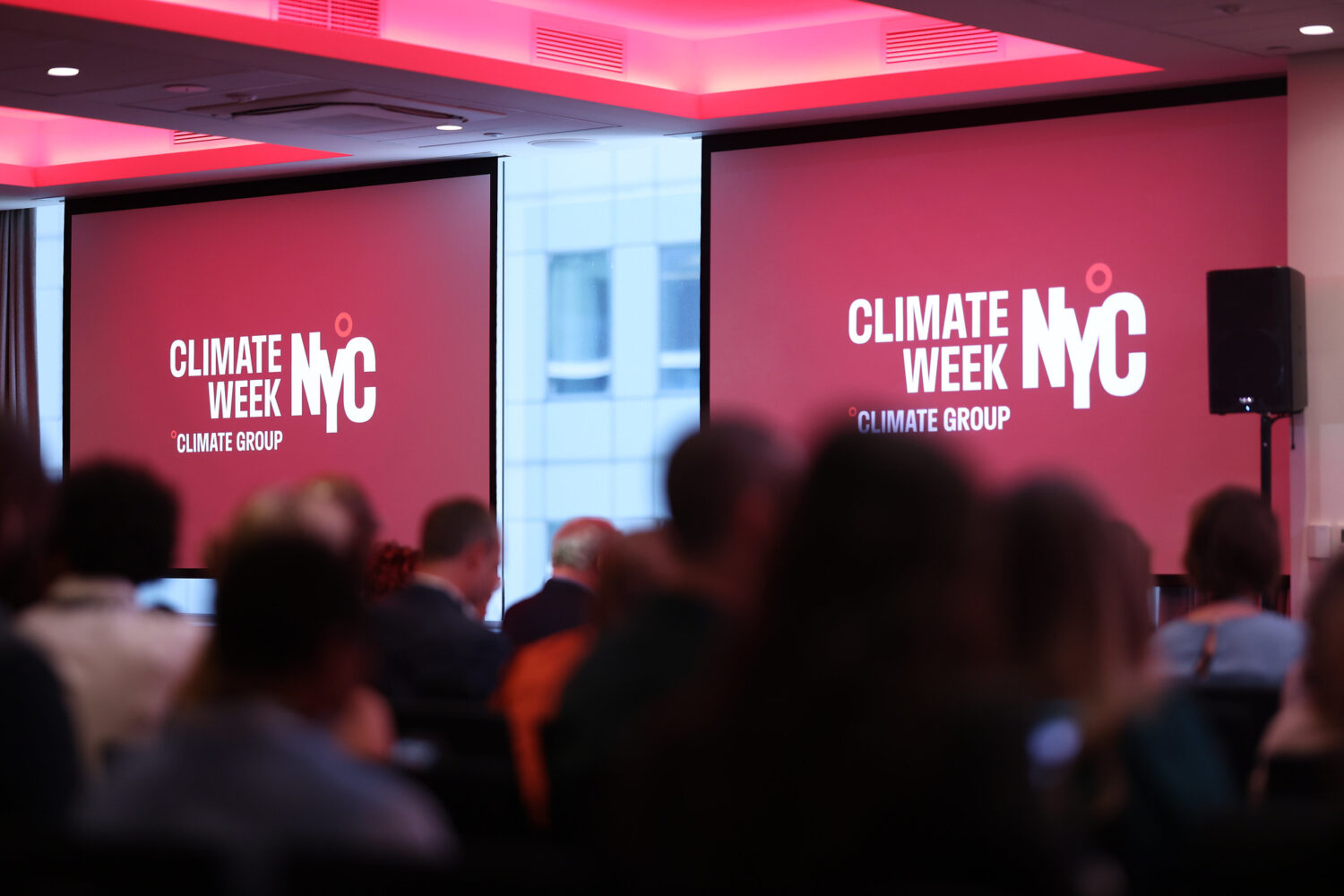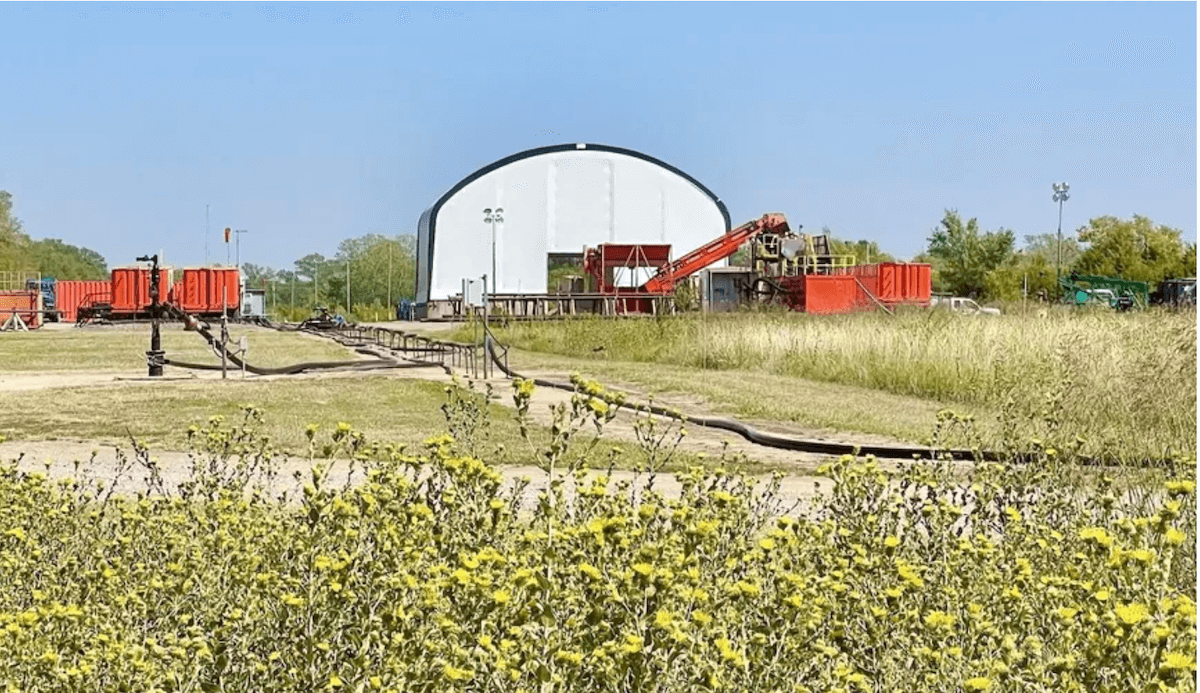ImpactAlpha, September 20 – Oil may be nearing $100 a barrel again, but long term prospects for fossil fuels are less rosy. Coal is well past its peak. Electric vehicles have reached a tipping point that could crater demand for oil. Natural-gas use is still rising, but solar power and biogas, along with heat pumps and induction stoves – and regulation of methane emissions – could bend the curve.
“The fossil fuel system is ending,” Carbon Tracker’s Mark Campanale said at “Climate Finance Day,” a Climate Week NYC event.
Accountants have not caught up. The value of fixed assets – such as refineries, mines, pipelines and supertankers – will eventually need to be written off or depreciated, said Campanale, who a decade ago applied the concept of “stranded assets” to fossil fuel reserves and infrastructure.
The notion of a managed wind-down of fossil fuels may sound like a relic of 2020, when pandemic shutdowns briefly pushed oil prices below $0. Nigel Topping, the UK’s High-Level Climate Action Champion, expects credit rating agencies to start downgrading oil and gas-related companies early next year.
Effective stewardship
Also at Climate Finance Day, Nick Spooner of the Australasian Centre for Corporate Responsibility laid out a focused strategy for corporate engagement. ACCR focuses on 14 of the most carbon-intensive listed companies in Australia, which also are some of the world’s biggest emitters, tracking their lobbying and modeling future emissions.
“You don’t really need to cover that many companies to drive systemic change and impact a large portion of your portfolio missions,” he said.
Beneficiaries and constituents are demanding stronger stewardship from state pension plans, said Mary Cerulli of the nonprofit Climate Finance Action, which works with pension funds and union workers. Rather than focusing on thousands of votes, “They’re saying, ‘It’s time to focus on a sector. It’s time to focus where our risk is.’”
In addition to ACCR and Carbon Tracker, Climate Finance Day was hosted by As You Sow and the Institute for Energy Economics and Financial Analysis.
Finance for island nations
Across town at the revamped Clinton Global Initiative, Bahamas Prime Minister Philip Davis announced a blended-finance facility, designed with help from Resilience Capital Ventures, to mobilize $500 million for climate-resilient infrastructure, coastal conservation and a clean-energy transition for the small island nation. The Bahamas and Open Society Foundations committed $6 million of the $15 million needed to launch the initiative.











